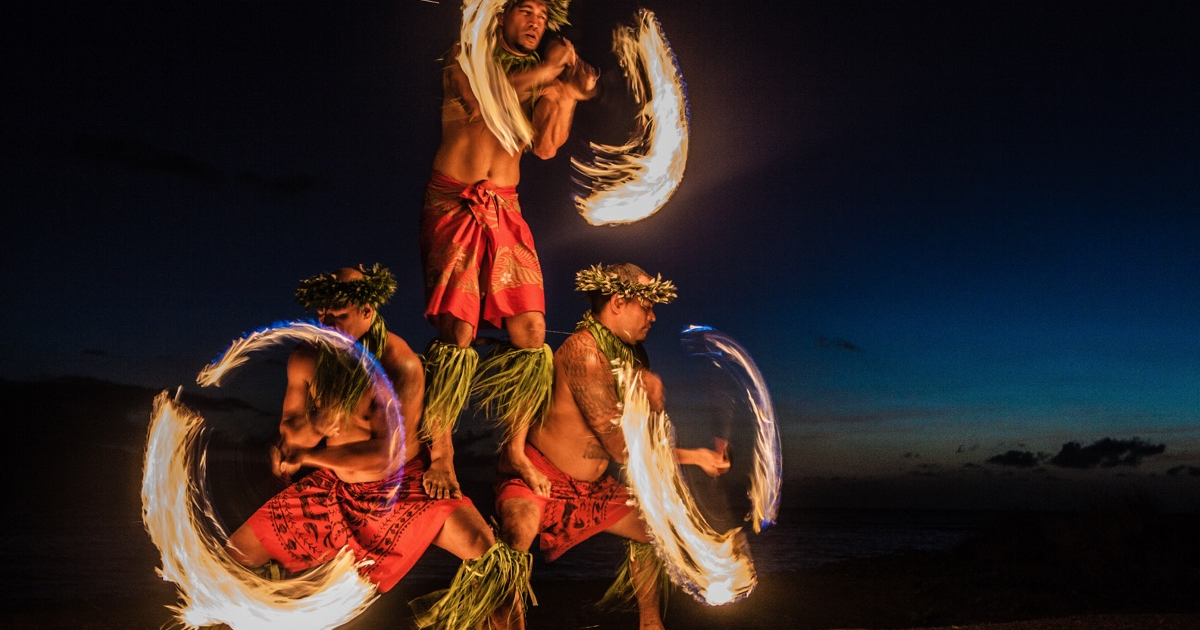The harmonious language of Hawaii is a direct reflection of its essence. Hawaii is a place where nature guides life, where weather and seasons and cycles are honored for their potent influence. This reverence is reflected in the language. Less letters mean less distractions. More vowels are the voice of the wind, sea and sun. And the melodious tune of apostrophe inserts and double-vowels encourages uplifting attitudes aligned with island time.
The Hawaiian language may be difficult to grasp at first, but it doesn’t take long to capture your heart.
Hawaiian is a special and sacred language, filled with words that represent concepts and dual meanings. It is a layered tapestry of mystical meanings and practical directives, woven through centuries of native peoples, Polynesian pioneers and royal lineages.
To study and compassionately understand Hawaiian would take lifetimes. So, in the meantime, here is some insight to common words and phrases you may come across…
Greetings
Aloha – Love, affection; greeting; Hello! Goodbye! Also a way of life… acknowledgement of what really matters.
A hui hou (kakao) – Until we meet again (said to a group)
E Komo Mai – Welcome, enter
Mahalo – Thank you
Mahalo nui loa – Thank you very much
Concepts
Kapu – Sacred, taboo, forbidden, no trespassing— keep an eye out for signs marked “kapu,” as it is equivalent to “no trespassing.” These areas may be protected for environmental, energetic or otherwise unknown reasons.
Kuleana – Responsibility— can be used to describe a specific responsibility or a broader sense of life purpose.
Malama – To take care of, preserve, protect, maintain— used to describe the respectful tending to of land, people or thing.
Pono – Right, morally righteous, harmony, balance— An all-encompassing term to describe thinking, acting and living in right relations with everything.
The Hawaii state motto says “Ua Man ke Ea o ka Aina i ka Pono,” meaning “The life of the land is perpetuated in righteousness.”
Landmarks And Directions
Aina – Land, island
Hale – House, building
Heiau – Sacred site of spiritual reverence or worship
Kai – Sea, saltwater, seaside
Lanai – Porch, patio or balcony
Makai – Toward the ocean
Mauka – Inland, upland, toward the mountains
Other Common Words
Ali’i – Chief, chiefess, or royalty
Haole – A foreigner, caucasian
Humuhumunukunukuapua’a – Hawaiian State Fish
Kama’aina – Child of the land; A long-time resident of Hawaii
Kane – Man, male
Keiki – Child or children
Lani – Sky, the heavens
Mele Kalikimaka – Merry Christmas
Ohana – Family, relative, kin group, tribe
Ono – delicious or tasty, also a type of fish
Opala – Garbage, trash
Paniolo – Hawaiian cowboy
Pau – Finished, ended, all done
Pau Hana – End of the work day, happy hour
Pupu – snacks or appetizers
Wahine – Woman, lady
Wai – Fresh water
Pronunciation Tips
a sounds like ah
e sounds like ay or eh
i sounds like ee
o sounds like oh
u sounds like oo
So, give it a try! It is said that speaking Hawaiian opens the heart and inspires the soul. May the harmony of the Hawaiian language inspire Aloha within you, no matter where in the world you are.

